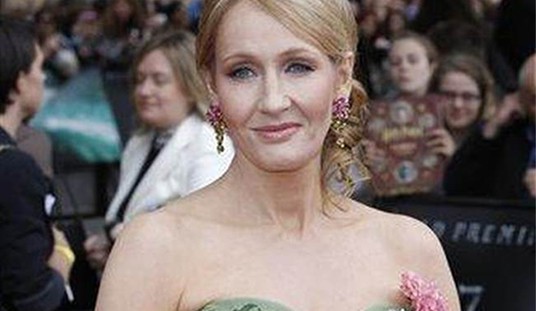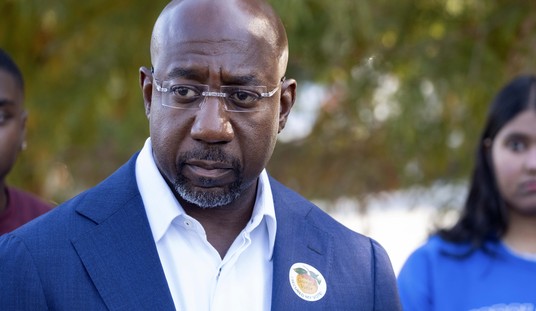In 2021, Disney found that it had an entire concept it could mine out of its villains, thanks to its success with Maleficent. All it had to do was make them into good guys or, at the very least, make them a bit more sympathetic. As a result, the House of Mouse reached into its bin of bad guys and pulled out... Cruella de Vil.
You know, the woman who wanted to slaughter 99 puppies to make a coat.
This was only part of a trend that Hollywood would embrace. Making heroes out of villains became a habit, and this included other examples such as serial killers in You, Killmonger from Black Panther (who was a sympathetic villain because of racism), and even Lucifer got a show where the aim was to make him a charming, lovable, rogue of a deity.
The shark got thoroughly jumped when Amazon's Rings of Power depicted orcs as a race just trying to look after their families, complete with fathers holding their wives as they gaze lovingly at their orc babies.
Netflix released its animated Devil May Cry offering, and demons from Hell are now just like the refugees south of America's border.
Netflix strikes again pic.twitter.com/z23hlCT3Ie
— Kabrutus (@kabrutusrambo) April 4, 2025
This leaves two questions on the mind.
Is Hollywood sympathizing with evil because it wants people to see evil as something that can be sympathized with? What does that say about Hollywood, a place that is confirmed to be one of moral degradation, ignorance, and self-importance?
Or, is Hollywood so out of ideas that they believe their only avenue now is to flip the script and turn every villain into The Wicked Witch of the West from Wicked?
The answer is likely a mix of both, but I'm willing to bet it's more the latter than the former. I think Hollywood has reached a dead-end in terms of what it can produce thanks to the ideological and socio-political restraints it put on itself, and as such, its only recourse is to dip into acceptable storylines that are both avant-garde and played out at the same time. Retell the same story but with a new twist, usually involving the villain being someone whose point you can at least consider or even agree with.
Thanos is a great example of this. Hollywood wanted you to agree with the heroes for stopping Thanos from wiping out half the universe, but wanted you to actually give the moral victory to Thanos. He was right all along; he was just going about it the wrong way. It's a subversion of ideas that ultimately gives credence to evil ideas.
There's an issue with purely good being good nowadays among many in the entertainment industry. In fact, good is even sometimes punished to great effect. George R.R. Martin's work with "A Song of Fire and Ice" helped this idea along, as the purely good and righteous in the series are usually killed unceremoniously or desecrated in ways that change them forever. It's been speculated that one of the reasons he can't finish the series is because, ultimately, the good guys winning isn't the message Martin wants to get across. Yet, it's pretty clear if he ends on a bad note that, the series will leave a bad taste in everyone's mouth.
Martin's story is ultimately more realistic, as in real life, the good guys don't always win, and innocence and light are indeed victims of heinous evil. However, I think the best argument against this came from a very interesting place. The YouTube channel "Epic Rap Battles of History" had Martin face off against J.R.R. Tolkien in a rap battle, and Tolkien drops this line.
"We all know the world is full of chance and anarchy
So yes, it's true to life for characters to die randomly
But news flash, the genre's called "fantasy"
It's meant to be unrealistic, you myopic manatee."
*language warning*
Stories where the good guys win are necessary for society. Heroes doing heroic things and conquering impossible odds against evil does a lot to empower a people and inspire them towards good.
While the occasional sympathetic villain is a decent storyline and a fantastic way to write a story, when overused, it has a deteriorating effect on society's morale. Stories are important to civilization, and right now, too many stories are making it seem like fighting the bad guys is misguided and possibly even evil unto itself. It sells the message, especially to the young, that evil has a point, and it should be heard out.
But I've got news for you. Evil is evil, and it needs to be fought and snuffed out. Understanding evil should only be done in order to help defeat it more easily. Good cannot be guided by evil to be more good in any way other than learning how that evil came about and how it can be prevented in the future.















